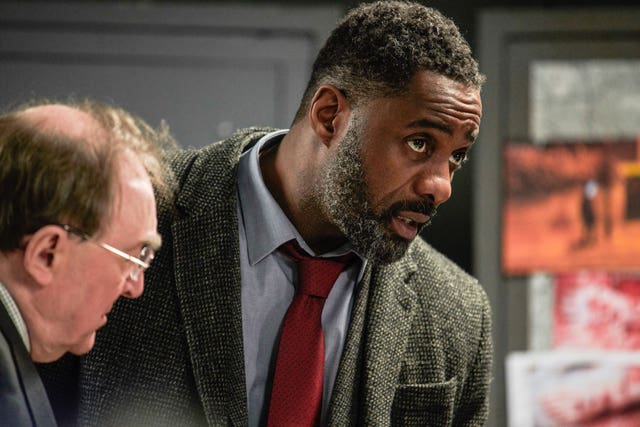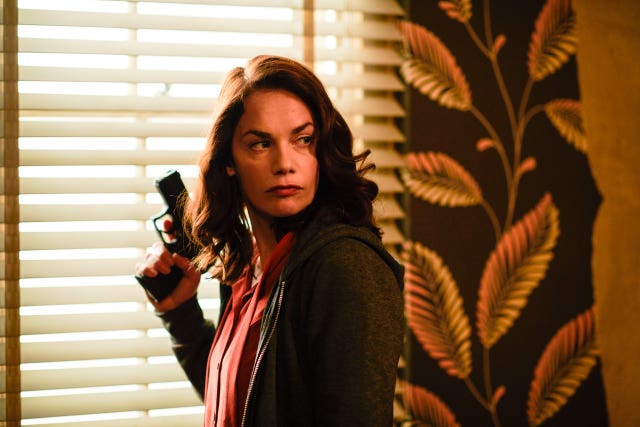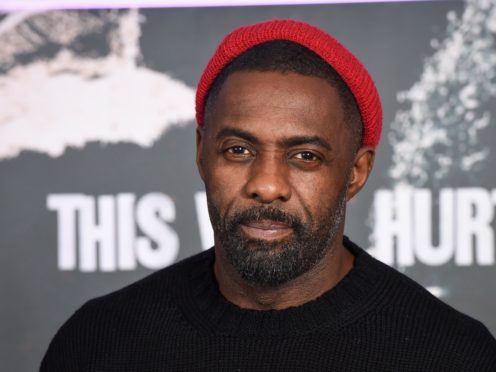The creative diversity chief of the BBC has suggested the TV series Luther “doesn’t feel authentic” because the lead character has few black friends and does not eat Caribbean food.
Idris Elba, 48, stars as haunted rogue detective DCI John Luther in the critically acclaimed police drama, which has run for five series since 2010 on BBC One.
Speaking during the MIPTV conference, Miranda Wayland praised the east London-born actor for playing a “really strong, black character lead”.
However, she said that by the second series she had begun to question the character’s authenticity.

Wayland said that to achieve true representation, TV bosses must ensure black characters have an environment and culture built around them that is “absolutely reflective” of their background.
She said: “When it first came out, everybody loved the fact that Idris Elba was in there. A really strong, black character lead. We all fell in love with Luther. Who didn’t, right?
“But after you got into about the second series, you were kind of like ‘OK, actually he doesn’t have any black friends, he doesn’t eat any Caribbean food, this doesn’t feel authentic’.
“So I think it is great having those big landmark shows with those key characters, but it is about making sure that everything around them – their environment, their culture, the set – is absolutely reflective.”
Elba found success in the US playing Stringer Bell in gritty crime drama The Wire before winning a Golden Globe in 2012 for his performance as Luther.
He has since forged a career in Hollywood, with major parts in Hobbs & Shaw, Avengers: Infinity War, and Star Trek Beyond, as well as pursuing a career as a hip hop artist and taking up a role as a United Nations goodwill ambassador.

A BBC spokeswoman said: “Luther is a multi-award-winning crime drama series and the iconic role of DCI John Luther has become one of TV’s most powerful detective characters, of which we are tremendously proud.
“The BBC is committed to its continued investment in diversity and recent BBC One dramas I May Destroy You and Small Axe are testament to that.”
An additional statement from the broadcaster said: “Of course people can have open discussions about our shows but that doesn’t mean it’s a statement of policy.”
Wayland was appointed as the BBC’s head of creative diversity in February 2020 as part of the corporation’s commitment to deliver more on-air diversity.
